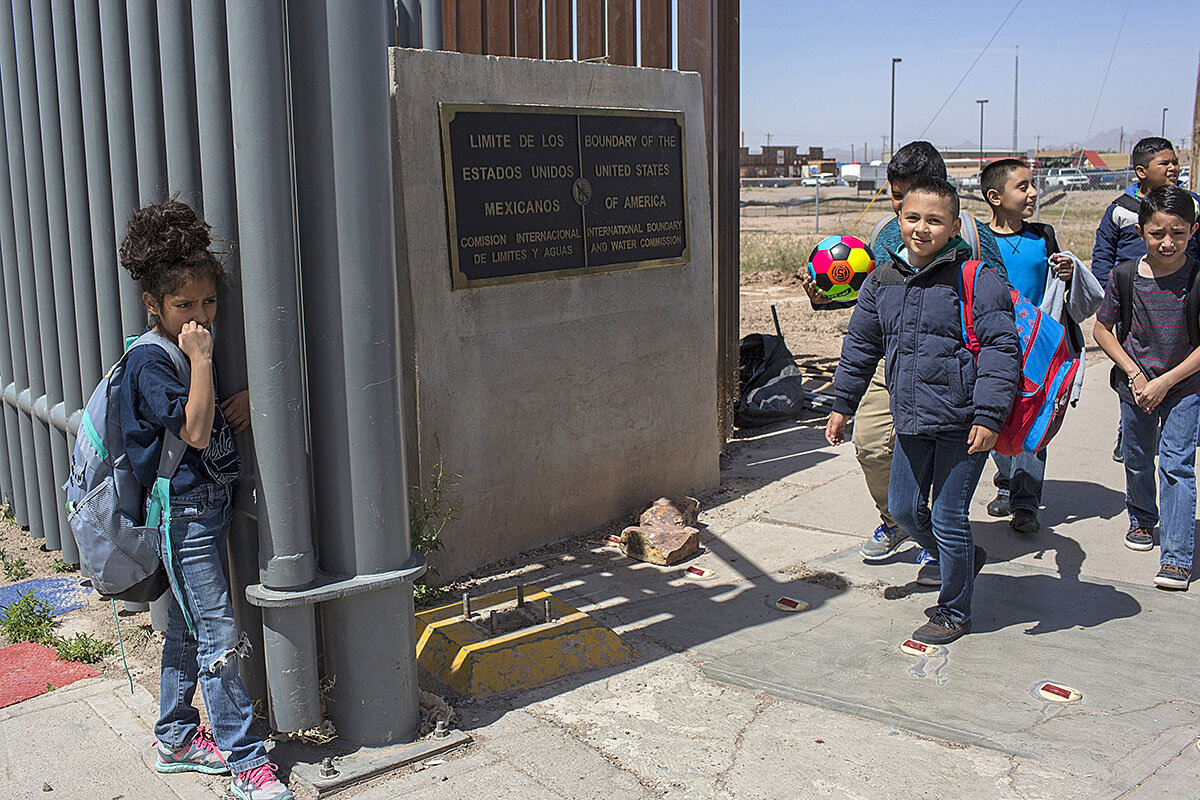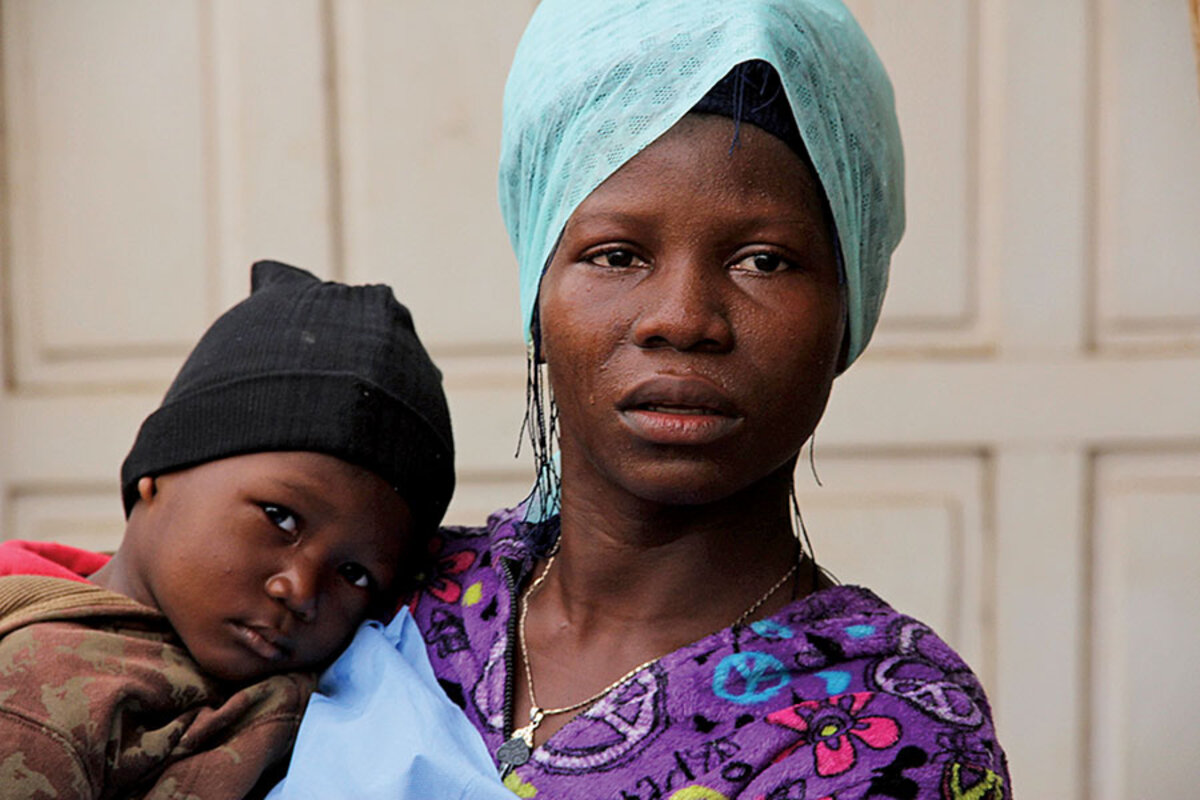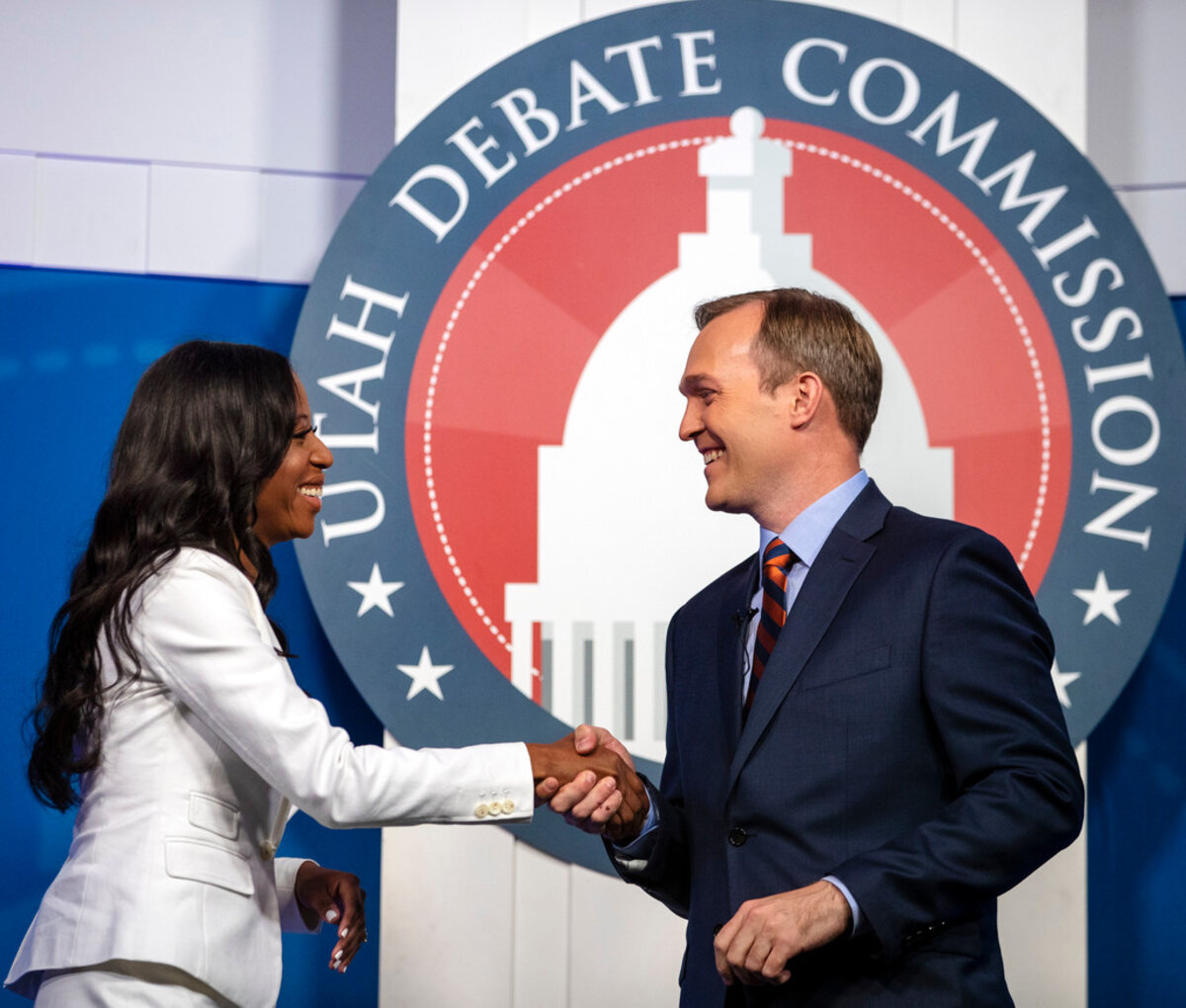Schools in some US border towns have long enrolled Mexican-American students living on the other side. This humanitarian policy reveals nuances that some say are missed in the national debate.
Monitor Daily Podcast
- Follow us:
- Apple Podcasts
- Spotify
- RSS Feed
- Download
 Clayton Collins
Clayton Collins
The week’s news was thick with stories about control over direction-setting, from US preelection elbow-throwing to a walkout at Google over the handling of sexual harassment to the prospect of sanctions that could relieve Yemen of its devastating Saudi siege.
Are any societies getting it right?
Ethiopia has just sworn in a woman as supreme court chief, a first. (Already half of the country’s cabinet ministers are women.)
Look also, as usual, to Scandinavia. The “social utopia” label isn’t undisputed. Danes bristled this week at a White House report that living standards in Nordic nations were lower than those in the United States (the pushback: life “quality” is about more than money). Finns marked a quirky and controversial rite of tax transparency called Jealousy Day.
Norway seems to be displaying care in direction-setting. A report by Amy Harder of Axios looks at how the oil-rich country is openly approaching moves to leave fossil fuels behind: It will decide within months whether to purge its sovereign wealth fund of oil and gas stocks, and within years whether to fund a major initiative to capture and store CO2.
That’s a path that’s probably unavoidable, Harder maintains, even though it sounds contradictory. It’s a look at “how [even] an economy fueled by oil and natural gas,” she writes, “can attempt aggressive action on climate change.”
Now to our five stories for your Friday, including a look at humanity at the border, confidence in the future of US vote-casting, and a special empathy between faiths at one university.










